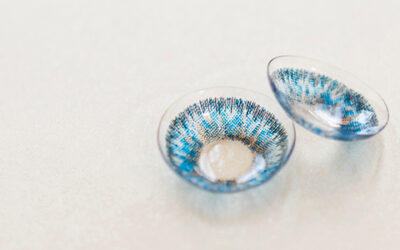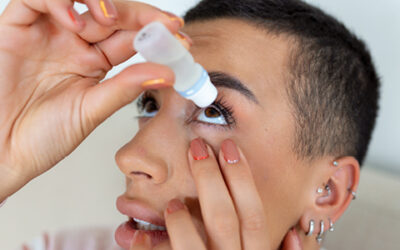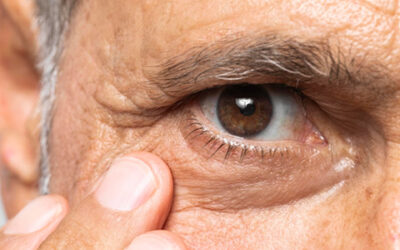Dry Eyes
Dry eyes are a common problem experienced by up to 77% of Australians at some point in their lifetime. Typical symptoms include discomfort such as stinging, grittiness, or scratchiness in the eyes, as well as fluctuating vision and occasionally a burning sensation or the feeling of a foreign object in the eye. Some people may experience an increase in tear production, which is a natural response of the eyes to try to relieve dryness.
What Causes Dry Eyes?
The symptoms of eye dryness can be caused by factors including the natural ageing process (less tears are naturally produced as we grow older), hormonal changes, exposure to certain environmental conditions like smoke or strong winds, problems with normal blinking, and medications such as antihistamines, oral contraceptives, and antidepressants. Additionally, dry eyes can be caused by other health problems or conditions like arthritis, or can result from exposure to UV radiation and environmental irritants.
The condition can also be due to meibomium gland dysfunction (MGD), which is the diminishing of the oil production of the glands at the base of the eyelashes, or the blockage of these glands.
Dry Eye Exam
If you’re concerned about your dry eyes, you aren’t finding relief, or your eye dryness is continuing to cause you problems over time, we recommend booking in with one of our eye care professionals at The Optical Co.
During your eye check, we will discuss your general health, medication use, and home and work environments to identify any factors that may be causing your dry eye symptoms. The eyes will be examined with a microscope and special dyes to assess the quality, amount, and distribution of the tears as well as eyelid health.
Dry Eye Treatment
There are various treatments available to improve comfort and maintain eye health when you have dry eyes. Tear supplements can help alleviate dry eye symptoms, and gels and ointments can be used for more severe cases, especially at bedtime. Your eye care professional will advise you on the best solution for your specific needs. In some cases, small plugs may be inserted in the corner of the eyelids to slow drainage and prevent loss of tears. Warm compresses and eyelid massage may be appropriate.
Treating any underlying systemic disease or making dietary changes such as including fish or flaxseed oil, drinking 8 cups of water daily, and wearing protective eyewear, can also be helpful in managing dry eyes. Additionally, there are prescription medications available that can help stimulate the production of your own tears.
What Happens If I Leave My Dry Eyes Unmanaged?
If left untreated, in some cases, dry eyes can lead to more serious eye problems, including potential damage to the cornea and impaired vision. It can also make wearing contact lenses more difficult and increase the risk of eye infections.
Recent Articles
Do I Need a Contact Lens Consultation?
Do I Need a Contact Lens Consultation? Whether you’d like to try switching from glasses to contact lenses, are looking to renew your contacts, or would like to try contact lenses for the first time, a question that our clinics are often asked by clients...
The Link Between Rheumatoid Arthritis and Dry Eye
The Link Between Rheumatoid Arthritis and Dry Eye While many of us associate rheumatoid arthritis with painful, swollen joints, the effects of rheumatoid arthritis can lead to a range of complications across your body systems, including your connective tissues, skin...
Eye Conditions
Eye Conditions Optometrists treat and diagnose a wide range of vision and ocular health problems, and can provide advice, treatment plans or referrals to manage all manner of concerns.Whether you need an eye exam to update your spectacles, or have a question or are...




